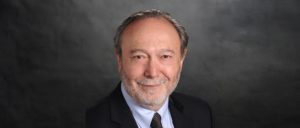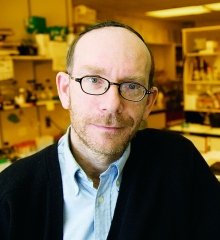
Podcast: Play in new window | Download
Finding a relational balance with any person or persons can be a struggle if one side of the relationship dyad has a strong need for a gain to feel safe or whole. For example, a parent in a poor quality marriage or with significant childhood wounding may turn to the child for happiness and love when it is missing otherwise. A child in turn being young will often, out of filial love, try to meet the needs of the parent. These types of relationships can take on many forms and can become dysfunctional over time.
I remember a parent child dyad from many years ago that was a budding enmeshed/codependent relationship between a mother and her son. Mom was absolutely unable to draw boundaries with her son as she felt all of his pain and reflected all of her childhood trauma onto the child’s life with boundary-less smothering love and control. She simultaneously would restrict any behavior that she perceived as unsafe controlling his environment while drawing zero boundaries with regard to his behavior toward her and others within this controlled small world. He was a holy terror by 4 years of age. His mother was crying for help while being indignant that he was sweet and well meaning while she enabled every choice that he made. Her fear of drawing boundaries because of her own childhood restrictive parenting wounding left this child completely attached to her yet abusive because he felt completely out of control. The psychological pathology was exhausting for all in the room. Recommendations for therapy and interventions were met with scorn….plus a literature review.
Enjoy,
Dr. M




















